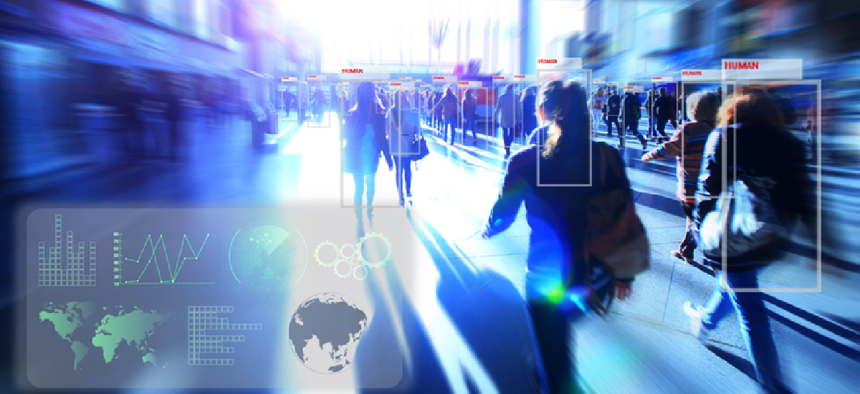AI: How to maximize the benefits, avoid the pitfalls


Connecting state and local government leaders
Artificial intelligence can transform how organizations function, but we must understand how it is being developed and integrated into processes and routines, a new report cautions.
What: “How artificial intelligence is transforming the world,” from the Brookings Institution
Why: Even as AI continues to transform how organizations operate, it creates challenges that all parties must work together to solve to ensure the technology fits the needs of modern society.
Findings: AI has augmented human capabilities and shaped how national security, health care, criminal justice, transportation and smart cities sectors operate.
However, problems can emerge when the data isn’t managed properly. Data can be used to discriminate, or biased practices can be unintentionally baked into code that makes it difficult for AI-based system make non-biased judgments.
Automated decision-making also can raise concerns when insights into how algorithms draw their conclusions is unavailable. There also are questions liability regarding autonomous vehicles, or even the use of applications where users must waive the right to file suit.
To move forward with AI, the authors say we must balance innovation and basic human values, and make the following recommendations:
- Create a national data strategy that ensures consumer protections while giving researchers better access to data.
- Increase government investment in AI and data analytics.
- Prepare students for an AI-dominated landscape and train more data scientists, computer scientists, engineers, coders and platform developers.
- Create a federal advisory committee to study the development and implementation of AI and address competitiveness, ethics trainings, data sharing, international cooperation and government efficiency.
- Engage with state and local officials who are using AI in their communities.
- Enact broad policies that encourage innovation rather than imposing regulations on specific algorithms.
- Address biases and extend existing discrimination statutes to digital platforms.
- Maintain mechanisms for humans to manage and control AI algorithms.
- Discourage malicious behavior and promoting cybersecurity best practices.
Verbatim: "Human choices about software development affect the way in which decisions are made and the manner in which they are integrated into organizational routines. Exactly how these processes are executed need to be better understood because they will have substantial impact on the general public soon, and for the foreseeable future."
Read the full report here.




